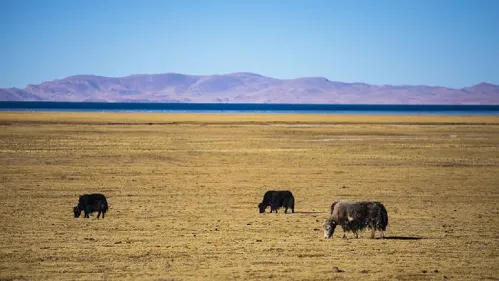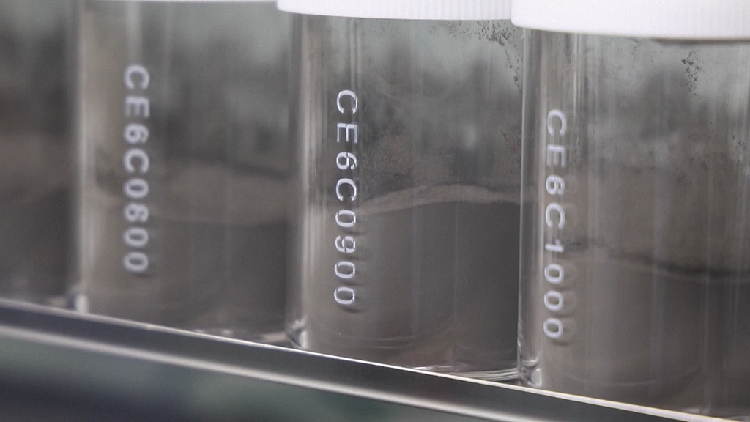Chinese Scientists Achieve Successful Yak Cloning

Chinese scientists have made a significant breakthrough in biotechnology by successfully cloning a yak. This remarkable achievement, realized at a yak breeding base in Damxung County, located in the Xizang Autonomous Region of southwest China, promises to advance agricultural practices and bolster the local economy.
The cloned yak calf was delivered through a cesarean section and weighed an impressive 33.5 kilograms at birth, exceeding the average weight for newborn yaks. The calf boasts a completely black coat and is reported to be in good health, demonstrating the viability of the cloning process.
This ambitious cloning project originated in July 2023 as a collaborative effort involving researchers from Zhejiang University, the Damxung County government, and the Institute of Plateau Biology of the Xizang Autonomous Region.
Researchers employed sophisticated techniques, including whole-genome selection and somatic cell cloning technologies, to achieve this cloning feat. These advancements not only highlight China's growing capabilities in agricultural biotechnology but also represent a potential turning point for livestock management in challenging environments.
Fang Shengguo, the research team's leader from Zhejiang University, emphasized the significant implications of this technology. He stated that cloning could play a pivotal role in enhancing yak breeds and establishing a robust breeding framework for livestock in the high-altitude regions of Xizang.
Yaks, indigenous to the Qinghai-Xizang Plateau, are crucial to the livelihoods of local herding communities. They provide essential resources and services, making them a cornerstone of not only the economy but also of the ecosystem within the plateau.
This scientific innovation is expected to support the sustainable development of agriculture, as improved yak genetics may lead to increased productivity and resilience in livestock. Such advancements could significantly benefit local herders and contribute to food security in the region.
As scientists continue to explore the possibilities of cloning and genetic enhancement, the successful cloning of yaks could pave the way for similar initiatives in other animal breeds and agricultural practices, further demonstrating the potential impact of biotechnology in rural development.
This event marks a promising new chapter for both science and agriculture in China, showcasing how cutting-edge technology can address traditional challenges faced by farming communities in remote and rugged terrains.
Read These Next

China's Chang'e-6 Samples Reveal Moon's Far Side Secrets
Chang'e-6 reveals volcanic activity on the moon's far side, enhancing geological understanding and promoting global lunar research.

Neuralink's Advances: A Leap in Communication Future
A commentary analyzing Neuralink's latest advancement in brain-computer interface technology, highlighting its societal implications and ethical considerations.

Gulf's Bold AI Investment: The 'New Oil' Strategy
This article explores the Gulf states' strategic investments in AI, paralleling it with their historical reliance on oil and examining the implications for economic diversification.
